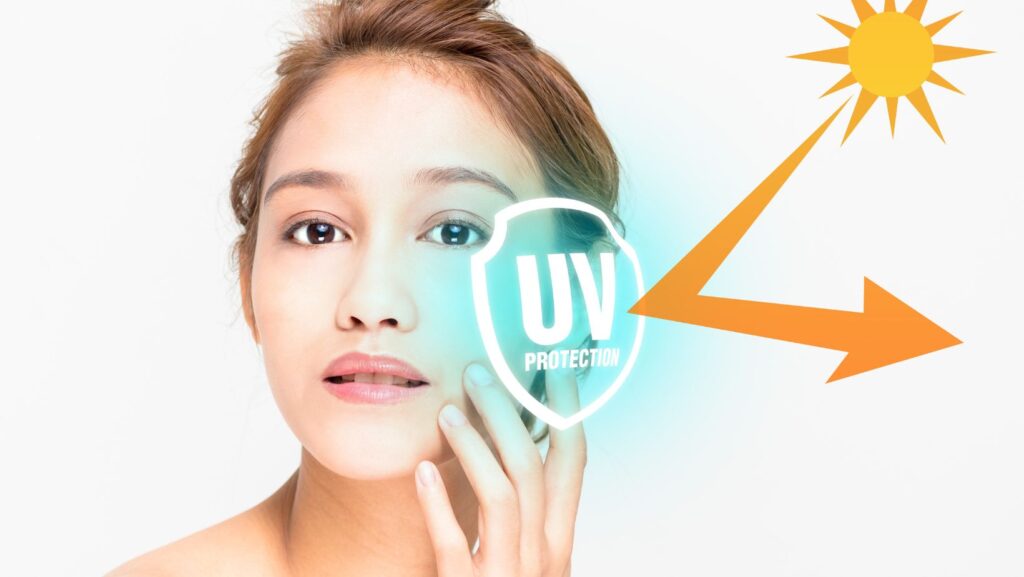In one sense, the importance of sunscreen is widely appreciated. We all know that, when it’s sunny, it’s a good idea to slather a high-SPF product across any exposed regions of skin.
What you might not appreciate is that your sunscreen should, ideally, be ‘broad spectrum’. It’s worth stopping to think about what this actually means, and what benefits these products can offer over the alternatives.
What Does “Broad-Spectrum” Really Mean?
Ultraviolet light, projected by the sun, can drive a range of health problems, from sunburn to skin cancer. The range of wavelengths we call ‘Ultra Violet’, however, is fairly broad, extending from just ten nanometers all the way up to around four hundred.
Radiation at one end of this range will have a very different effect than radiation at the other. As such, it’s useful to divide UV radiation into several distinct bands. This is what happened in 1932, when a committee of physicists divided the range into UVA, UVB, and UVC.
UVC is entirely absorbed by the atmosphere, and so only astronauts need to worry about it. UVA and UVB, on the other hand, can be damaging. If your sun protection only covers you against one of these, then you might be suffering unknowingly.
Why You Need Broad-Spectrum Protection Every Day
So, what is it that makes sun protection important? There are a number of related threats to worry about.

Most immediately, sun exposure can cause your skin to burn. This can be extremely painful, especially if you’ve been out in the sun for a long period. The more intense the sunlight, the quicker you’ll burn. This is a problem mostly driven by UVB radiation.
UV exposure can also accelerate the ageing process. This is something caused by UVA radiation for the most part, since this type of radiation can penetrate the skin more deeply. Both kinds of rays can cause skin cancer, because they both damage DNA to the point that mutations occur.
How to Choose the Right Broad-Spectrum Sunscreen for You
The right high-quality skincare products with SPF properties will often protect against these threats. When choosing a broad-spectrum sunscreen, you’ll need to account for your lifestyle, skin type, and preferences. What works for a person with oily skin might not be quite as effective for someone with dry skin. Look for lightweight formulas that are less likely to clog your pores. Pay attention to the SPF rating. Ideally, you’ll want it to be at least thirty.
Beyond UVA and UVB: Other Rays to Know About
It isn’t just UV wavelengths that can affect your skin. Infrared radiation, as well as high-energy visible (HEV) blue light (blue being near the top of the visible spectrum), can also make a difference.

Both kinds can damage the skin throughout the year, and contribute to oxidative stress and free radicals. If you want to protect against these, as well as UV radiation, then you should look for an SPF product that’s marketed as ‘full spectrum’, rather than simply ‘broad’ spectrum.



